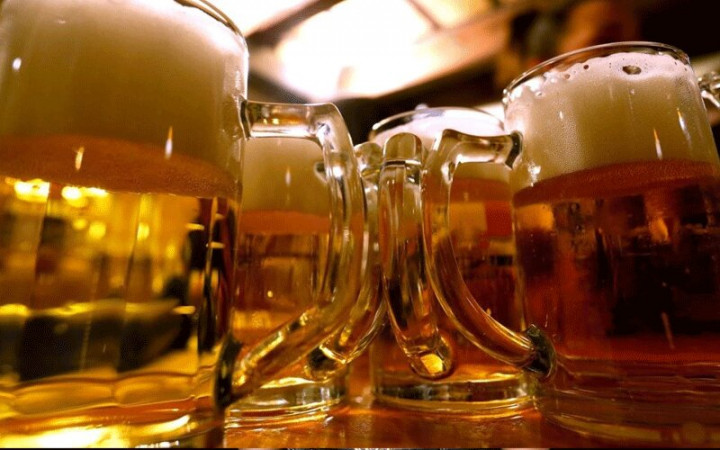Binge drinking may seem like fun but can cause death

Lately, binge drinking is gaining popularity among the youth if videos on social media are anything to go by. Shockingly, the victims seem to be imbibing copious amounts of different alcoholic brands.
This means at the end of the process, they may not be aware of what or even the volumes of alcohol consumed. In most cases at the end of the videos, the ones indulging are finally filmed already knocked out.
What all the people engaging in this may not be aware of is that such antics lead to alcohol poisoning which may, in turn, easily cause death. Simply put, alcohol poisoning is when there’s too much alcohol in your blood, and it causes parts of your brain to shut down. It is also known as alcohol overdose. Alcohol is a depressant meaning it can affect the brain and nervous system, slowing breathing, heart rate, and other important tasks that the body does.
Symptoms of alcohol overdose include difficulty remaining conscious, dulled responses such as no gag reflex (which prevents choking), trouble breathing, mental confusion, vomiting, seizure, slow heart rate, clammy skin and awfully low body temperature. The overdose can actually lead to permanent brain damage.
Every time you drink alcohol, your liver has to filter it out of your blood since it is absorbed quickly into the body (much quicker than food), but the body can only process around a unit of alcohol an hour.
If a lot of alcohol is consumed over a short space of time (binge drinking), the body will not have time to process it all.
There are various factors that separate drinking that produces impairment to drinking that puts one’s life in jeopardy, and these vary among individuals. Age, alcohol tolerance, gender, speed of drinking, medication being taken and amount of food eaten are some of those factors.
Alcohol is extremely damaging on the brain, which means it may take longer for the brain to recover from this damage. However, when one quits drinking, their body will start working right away to get them back to their old self again. Over time, they will find that their memory may become stronger, their ability to make decisions will be stronger, their reaction time will likely increase, and they may no longer feel as depressed or stressed as they did when their brain was being altered by alcohol.
Heavy alcohol use has also been linked with several cancers. The World Cancer Research Fund and American Institute for Cancer Research indicate that there is considerable evidence connecting alcohol to cancers of the mouth, pharynx, larynx, oesophagus, breast, liver, colon and rectum. The International Agency for Research on Cancer concluded that both the ethanol in alcohol and acetaldehyde, a chemical formed from the breakdown of ethanol, are carcinogenic to humans in high amounts. The risk is multiplied for drinkers who also smoke tobacco or have a poor diet.
According to the National Institute on Alcohol Abuse and Alcoholism (NIAAA), binge drinking occurs when a person’s blood alcohol content reaches .08, which is roughly 5 drinks for men and 4 drinks for women in a 2-hour span of time.
It may be easier, and more appropriate, to abstain from alcohol, rather than attempt to cut down on consumption. This is especially true if there are signs of an alcohol use disorder.
It makes no sense at all when what was anticipated to be merrymaking ends up with an individual’s organs shutting down and eventual death. The best and most practical way to avoid all these problems is to stay away from alcohol altogether. Abstaining from alcohol ensures several mental health benefits, including improved focus, energy, memory and sleep. It can also reduce the risk for heart problems, liver problems and several types of cancer.
— The writer is the manager Corporate Communications-NACADA – [email protected]















